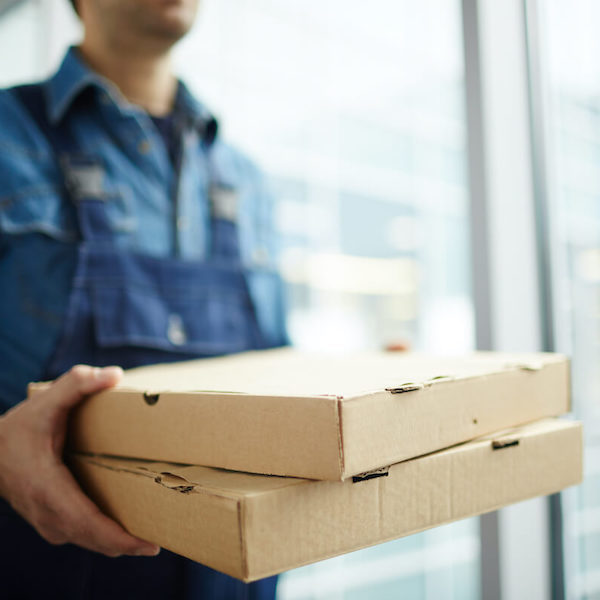What’s the best way to stay on top of the experience economy? Experience it all in one place. Liquid Dispatch X, your go-to consolidated source for brand experience, employee experience and customer experience. Take a look at the trends, the wins, and the ins and outs of what it takes to keep your most valuable and visible asset—your brand—running strong.
APRIL Article Roundup
How Brands are Adapting to Changing Consumer and Employee Needs?
COVID-19 continues to disrupt the way brands, customers and employees interact. Current research shows that customers and employees expect brands to show leadership during this crisis and do everything they can to help their employees, customers and communities.
Brands that have not already, are realizing that they need to be agile and proactive so that they can figure out what consumer and employee needs are, and how to effectively meet those needs. If brands fail to identify and respond to their needs then it could have a lasting impact on their brand reputation. But as the social and economic effects of the pandemic deepen, the shifts in expectations and behaviors are reshaping—in a more fundamental way—the relationship between brands and people.
We’re starting to see that the challenge for brands is not only about coping in the best way possible with the crisis, offering a helping hand or bringing relief where needed, but reimagining in a radical way their business and the “social contract” between brands, customers and employees.
TOP PICKS
KEY TAKEAWAYS
In this edition of Dispatch X, we examine how brands are evolving to respond to customer and employees’ changing needs. Customers expect brands to take action during this time. They want brands to focus on building communities, taking care of their employees, and do their part to help people through this crisis. And there are good examples, such as DoorDash which is giving commission relief and marketing support to partners that helps customers and businesses or Ellenos that hosts virtual potlucks to boost employee morale.
But as we glance into how the new normal may look like, it’s becoming clear that optimism and empathy or messages about hope, although appropriate, won’t make the cut. For brands today’s message is action, by taking care of their customers and employees. What is at stake is trust and, in order to build it or keep it, brands need to be clear about what they stand for, and how they act, consistently.
The right question for brands today is not how to ensure loyalty of customers or employees, but how loyal can brands be to them—especially at a time when they’re most vulnerable.
Customer and employee needs are constantly changing as the effects of Covid continue to appear, so it is important that brands continue to listen and adapt to customers and employees. Brands need to revisit their strategies and values to ensure they are aligned and being expressed appropriately at this disruptive time. If companies are not activating the true meaning of their brands now and after the crisis is over, they could lose customers, employees and ultimately relevance.
APRIL ARTICLES
BRAND EXPERIENCE

Connecting Brand Strategy and Marketing Execution in Times of Crisis — Liquid Agency and Acoustic, Dennis Hahn, Norman Guadagno
On-Demand Webinar: How Marketing and Strategy Align During Tough Times. Get examples of what brands like Nike and Dove are doing right. Learn how to stay true to your core values. And make sure your brand shows up in the right way at the right time. Get a recap or watch in full, on the Liquid blog.

How Your Brand Can Build and Keep Trust Amid COVID-19 — Qualtrics
“What consumers find less impactful are messages of hope, optimism, nostalgia or even statements about strong moral principles. The pragmatic US consumer wants brands to demonstrate leadership and action by taking care of customers and employees. Brands that fail to take these actions put their reputations and trustworthiness at risk.”

Trust Barometer Special Report: Brand Trust and the Coronavirus Pandemic — Edelman
“Sixty-five percent of respondents said that a brand’s response in the crisis will have a huge impact on their likelihood of purchasing it in the future. Sixty percent said that they are turning to brands that they absolutely can trust. Over one-third of consumers (82 percent in China, 60 percent in India) said that they have started using a new brand because of the innovative or compassionate way that it has responded.”

Could a Crisis Open Up a Brand Repositioning Door? — Forbes, Scott Davis
“All brands have a brand voice, tone and persona, as well as a content and messaging strategy, yet very few brands manage them in a truly holistic and strategic manner. This crisis has given many a time-out to think through how to do each of these together and separately more effectively, going forward.”

Brands Recalibrate to Community-Building During Quarantine — MarketingDive, Natalie Koltun
"’We're human beings, and as social creatures, people are still searching out those connections and looking for shared experiences,’ he told Marketing Dive. ‘Just as people need to be connected, it's important for brands to as well by encouraging group experiences and providing additional value in some way.’"
CUSTOMER EXPERIENCE

Adapting Customer Experience During Coronavirus — McKinsey & Company, Rachel Diebner, Elizabeth Silliman, Kelly Ungerman, and Maxence Vancauwenberghe
“The sooner that companies can fulfill new consumer needs during this time, the better off both will be. This often means accelerating time to market for new customer experiences, rapidly prototyping and iterating, and releasing innovations in their ‘minimum viable’ state, rather than waiting to perfect them. Building agility across functions to handle changing customer circumstances is necessary and will have long-lasting benefits.”

The Experience Leaders Making a Difference During COVID-19 — Qualtrics
“DoorDash has also made important adjustments to its business model to help more local businesses quickly sign up for their service, giving commission relief and marketing support to those new and existing partners. This helps in three ways - customers have more choice, businesses can get valuable income at this time - quickly, and DoorDash has a stronger service offering than before.”

How Marketing Leaders can Both Manage the Coronavirus Crisis and Plan for the Future — McKinsey & Company, Julien Boudet, Jonathan Gordon, Brian Gregg, Jesko Perrey, and Kelsey Robinson
“Marketers need to get an immediate handle on customer motivations and behavior. While many companies believe they have a well-developed sense of their customers, circumstances are now so radically different that marketers should be questioning everything they previously believed to be true. It is crucial that this insight be understood not just by marketers but by the CEO, C-suite, board, and entire company. It will help them immediately recalibrate their messaging to address their customers’ new reality and engage with them more thoughtfully and authentically.”

Conducting Customer Research Remotely: Tips, Tricks and Resources — Forrester, Kelly Price
“If you haven’t already, now is a great time to check out tools such as Miro and MURAL that make it easy to translate ‘Post-it on the wall’ work to a digital and distributed world. These tools are a mainstay of most of the distributed teams I speak with and are designed with a researcher/designer user base in mind. That said, if you don’t have access to these tools, try the next best thing, like working in a shared PowerPoint deck that you prepopulate with digital Post-its for participants to capture findings and naming a point person on the call to be the one to drive clustering.”
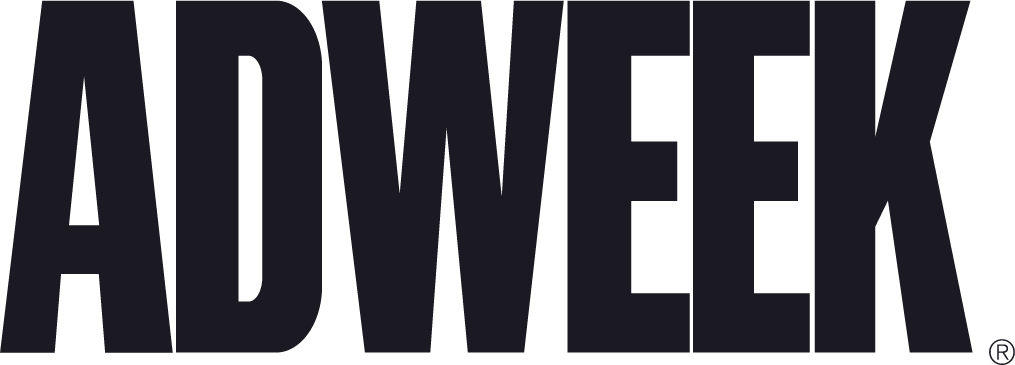
Millennials, Gen Z Want Distraction—and Action—From Brands During Crisis — AdWeek, David Cohen
“While boomers wanted to see brands supporting their employees and donating to those in need, millennials and Gen Z expressed a desire to get involved in the crisis—and wanted brands to show them how to do that. But even as the younger generations want brands to address the pandemic, they still appreciate it when brands help them get their minds off what’s happening.”
EMPLOYEE EXPERIENCE

Coronavirus fallout and the future of work. We ask the experts… — Poppulo Katie Wagner, Liquid’s VP, employee experience weighs in on the future of work:
“COVID-19 has taught us that it is possible for many people to work from home. While not ideal, we will see a more distributed workforce that makes employee communications and channels more important than ever. Companies will invest heavily into developing truly “consumer-grade” communications to better connect with their workforce —both in the new normal and in potential future disruptions.”
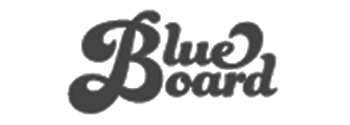
How Your Values Come To Life During Uncertain Times Webinar Recap — BlueBoard
“Celebrate obsessions: To help teams stay connected, Ellenos is hosting weekly employee contests and encouraging employees to share their obsessions—including a virtual potluck where employees showcase their favorite foods (their founder is a big believer in “breaking bread” together). For manufacturing staff not regularly on their phones, Ellenos’ team prints out photos of the “obsessions” so all teams can equally connect.”
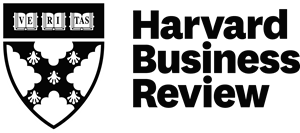
Build Your Team’s Resilience From Home — Harvard Business Review, David Sluss, Edward Powley
“Another thing you can do is help your direct reports recognize special talents or skills that might be especially useful during the crisis. For example, as your team moves to telecommuting, do you have a particular member who is superb at dealing with distraction? You could have that person provide virtual training to the others. As each member sees how his or her special skills contribute to the good of the team, the group’s confidence and social support will grow.”

How to Keep Company Values on Track While People Work Remotely in Quarantine — FastCompany, Paul Pellman
“A recent Gallup survey found that only 27% of employees strongly believe in their company’s values. Even though many organizations have identified their beliefs, they’ve fallen short in their implementation—a crucial step in gaining employee buy-in and ensuring your core values are embraced across the company. Strong core beliefs contribute to a positive company culture, which is linked to new talent acquisition and higher employee engagement.”
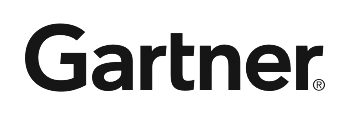
Gartner Identifies Six Initiatives HR Can Undertake to Help Managers Maintain Employee Performance and Engagement During the Coronavirus Pandemic
“Managers need to recognize signs of distress among their people, both directly through conversations and indirectly through observation. To facilitate regular conversations between managers and employees, HR should provide managers with guidance on how best to broach sensitive subjects arising from the COVID-19 pandemic, including alternative work models, job security and prospects, impact to staffing, and tension in the workplace. This guidance can include discussion guides, training or email reminders with the latest updates on the situation and general principles for how to deal with it.”
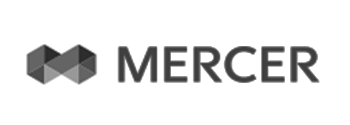
The Coronavirus Pandemic: A Defining Moment for Employee Experience—Mercer
“Employee experience is not about perks — it’s a mindset shift that puts your people at the heart of what you do. This is not only important in a prosperous, employee-led economy, but also during times of crisis or economic stress. By continuing to commit to EX, you will help to drive better engagement, productivity and commitment of your workforce, and build reserves of good will that will benefit your employer brand long after this crisis is over.”

How Coronavirus Will Change the “Next Normal” Workplace — Gallup, Jim Harter
“About six in 10 managers currently report that the people they manage are allowed to work from home. Among those six in 10, 55% say that once government restrictions are lifted and kids are back in school, the experience of COVID-19 will change their remote work policy. Few managers (7%) say the experience will result in them allowing their employees to work remotely less often, while a slight majority (52%) say they will allow their employees to work remotely more often as a result of this experience. Greater remote work could become the ‘next normal’."


